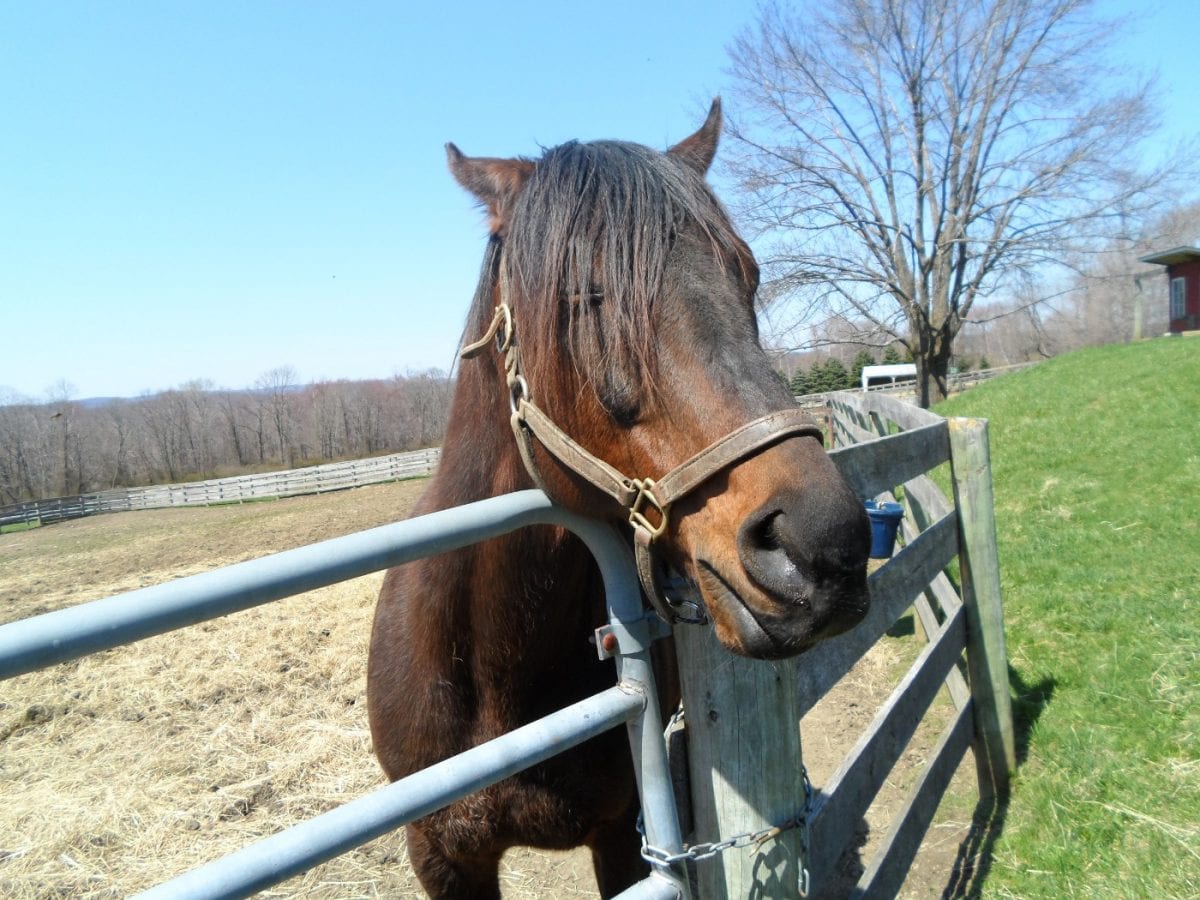by Frank Vespe
A Maryland gubernatorial candidate yesterday floated the idea of sharply reducing the amount of slots revenues available to horse racing interests. But in an interview last evening, his spokesman characterized the idea as “more a consideration to be looked at and examined than a proposal.”
Calling education one of his top policy priorities, Attorney General Doug Gansler (D), one of two primary contenders in the Democratic primary, yesterday fleshed out a plan to phase in expanded pre-kindergarten education. Ultimately, he said, he wanted to provide full-day pre-kindergarten for every four year-old in the state.
Gansler’s website suggests three funding options, one of which could have a significant impact on horse racing and breeding: capping the amount of slots revenue directed to the industry at $50 million, one-half the current cap of $100 million.
“While I value the historic contributions of our horse racing industry, I also value Maryland children and if we can provide $50 million in support of horse training, we certainly can spare $22 million to educate our children,” Gansler wrote on the site (here).
The response from racing interests was sharp. “We think it would have a devastating effect to slash [racing’s share of slots revenue] in half,” said David Richardson, executive secretary of the Maryland Thoroughbred Horsemen’s Association, which represents the state’s owners and trainers. “It would cut our legs out from under us.”
Richardson pointed out that it is only in the last year or so that slots revenue has begun to make a significant impact on purses and breeding awards — too early, he said, to make major alterations to the program.
MTHA General Counsel Alan Foreman said that the proposal “just absolutely makes no sense. The 10-year agreement [between horsemen and the racetracks] and the horsemen-breeder agreement are predicated on video lottery terminal revenues.”
He added, “We’re doing what the General Assembly told us to do to justify receiving those revenues. These are long-range plans, and they’re exciting plans” that would be severely impacted by the Gansler proposal.
But the Gansler campaign’s communications director, Bob Wheelock, cautioned against assuming that the candidate is committed to reducing racing’s take. “I think that Doug feels that if racing interests make a valid case that there will be substantial harm,” he explained, “then we’ll look at something else.”
Wheelock, who grew up in the state and recalls attending races as a child, said that, if elected, Gansler would analyze the issue “with a complete appreciation for the horse racing industry and what it means to Maryland and what it can mean to Maryland.”
The campaign of current Lieutenant Governor Anthony Brown, who has proposed a similar early childhood education initiative, did not return a phone call or respond to an email to their office. Representatives of the Maryland Racing Commission declined to comment.
(Featured image by Teresa Genaro.)








Slot revenue will never be a long term solution and like any other addiction over time it’s destructive. The teachers Unions have twenty times the influence compared to the Horse Racing industry in Annapolis, Dover, Trenton, Albany, Harrisburg or for that matter Ontario, if by shear numbers of potential voters alone. There is also a law of diminishing returns when it comes to gambling revenue, the more venues, the more overhead the less income. Horse Racing only has to look at what has happened in Ontario to anticipate a Domino effect in the Mid-Atlantic. Teachers want continued salary increases, the voters say NO to tax increases, the politicians look to other sources – that would be Alcohol,Tobacco,and Gambling. The new Casinos coming on line will not add any more slots revenue to the Maryland Horse Racing industry because slot play has maxed out, no one is standing in line for a machine in any Racino I walk through. The reality is fewer Racing days, fewer farms, very few full time careers, but hopefully still quality Cards for what does survive.